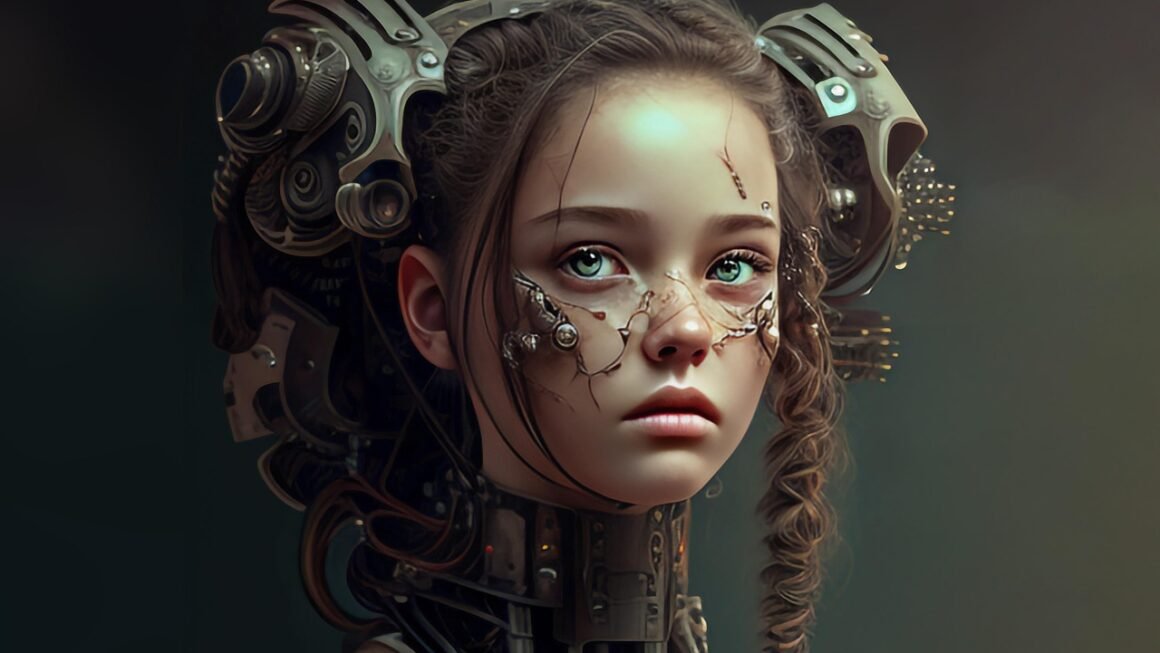The gaming industry is constantly evolving, pushing the boundaries of technology and creativity. Among the most transformative forces shaping the future of games is artificial intelligence (AI). From creating more realistic and challenging opponents to generating entire worlds and personalizing the player experience, AI is revolutionizing how games are designed, played, and enjoyed. This article delves into the multifaceted applications of AI in gaming, exploring its impact and future potential.
AI-Powered Non-Player Characters (NPCs)
Enhanced Realism and Behavior
AI enables game developers to create NPCs that exhibit more realistic and believable behavior. No longer are NPCs simple, predictable automatons. AI algorithms allow them to react dynamically to the player’s actions, learn from their experiences, and make decisions based on their environment.
- Improved pathfinding: AI algorithms such as A (A-star) efficiently navigate NPCs through complex terrains.
- Dynamic dialogue: Natural Language Processing (NLP) powers more natural and varied NPC interactions, allowing for branching conversations based on player choices.
- Realistic combat: AI drives more strategic and adaptable enemy AI in combat scenarios. For example, enemies in games like Horizon Zero Dawn use cover, flank the player, and coordinate attacks.
Procedural Content Generation
AI algorithms can generate vast and diverse game content, including landscapes, quests, and items, reducing the reliance on manual design and accelerating game development.
- Terrain generation: Algorithms like Perlin noise and fractal geometry create realistic and varied landscapes.
- Quest generation: AI can generate dynamic quests tailored to the player’s level and playstyle.
- Item creation: AI can design unique items with varying stats and attributes. No Man’s Sky famously uses procedural generation to create its vast and unique universe.
- Actionable Takeaway: Game developers can leverage AI to significantly reduce development time and create richer, more dynamic game worlds. Experiment with procedural generation techniques to craft unique environments and challenges.
AI for Game Design and Testing
Intelligent Level Design
AI assists in creating challenging and engaging levels. It can analyze player behavior to identify areas of difficulty and suggest modifications to the level design.
- Automated level generation: AI can create entire levels based on pre-defined parameters or player preferences.
- Playtesting automation: AI agents can play through levels and identify bugs, balance issues, and areas for improvement.
AI-Driven Balancing
AI algorithms can automatically adjust game parameters, such as enemy strength, item drop rates, and resource availability, to ensure a fair and balanced gameplay experience.
- Dynamic difficulty adjustment: AI monitors player performance and adjusts the game’s difficulty on the fly.
- Resource management optimization: AI analyzes resource consumption patterns and adjusts resource availability to prevent scarcity or overabundance.
- Actionable Takeaway: Utilize AI tools to automate the level design and balancing process. This can significantly improve game quality and reduce development costs. Analyze player data to fine-tune game difficulty and ensure a balanced and enjoyable experience for all players.
AI in Player Experience Personalization
Adaptive Difficulty
AI can personalize the gaming experience by dynamically adjusting the difficulty level based on the individual player’s skill and playstyle.
- Skill-based matchmaking: AI matches players with opponents of similar skill levels in multiplayer games, ensuring fair and competitive matches.
- Personalized tutorials: AI can provide customized tutorials that cater to the player’s learning style and pace.
Personalized Content Recommendations
AI can analyze player preferences and recommend games, items, or quests that are likely to appeal to them.
- Recommender systems: AI algorithms analyze player behavior, such as games played, items purchased, and quests completed, to generate personalized recommendations.
- Dynamic content adaptation: AI can modify the game’s narrative, characters, or environment based on the player’s choices and preferences.
- Actionable Takeaway: Focus on leveraging AI to personalize the player experience. Offer dynamic difficulty adjustments, personalized recommendations, and adaptive content to cater to individual player preferences and improve engagement.
AI and Esports
Enhanced Spectator Experience
AI can analyze gameplay data and provide insights for commentators and viewers, enhancing the spectator experience in esports.
- Real-time analysis: AI analyzes gameplay data to provide real-time insights into player strategies, key moments, and potential outcomes.
- Automated highlights: AI can automatically identify and create highlights of the most exciting moments in a match.
AI-Powered Training
AI can provide personalized training and feedback to esports players, helping them improve their skills and strategies.
- AI coaches: AI algorithms analyze player performance and provide personalized feedback on areas for improvement.
- Simulation training: AI can simulate various gameplay scenarios to help players practice their skills and strategies in a controlled environment.
- Actionable Takeaway: Explore the potential of AI in enhancing the esports experience. Use AI to provide real-time analysis, generate highlights, and offer personalized training to players and teams.
Ethical Considerations and Future Trends
Addressing Bias in AI Systems
It is crucial to address potential biases in AI algorithms to ensure fairness and inclusivity in gaming.
- Data bias: AI algorithms trained on biased data can perpetuate stereotypes and discriminate against certain groups.
- Algorithmic transparency: It is important to understand how AI algorithms make decisions to identify and mitigate potential biases.
The Future of AI in Gaming
The future of AI in gaming is bright, with potential for even more transformative applications.
- AI-generated narratives: AI can create dynamic and personalized narratives that adapt to the player’s choices and actions.
- Emotional AI: AI can detect and respond to the player’s emotions, creating a more immersive and engaging experience.
- AI-powered virtual assistants: AI can provide in-game assistance, such as tutorials, tips, and hints.
- Actionable Takeaway: Stay informed about the latest advancements in AI and explore how they can be applied to create new and innovative gaming experiences. Be mindful of ethical considerations and strive to develop AI systems that are fair, inclusive, and beneficial to all players.
Conclusion
AI is rapidly transforming the gaming industry, offering new possibilities for game design, player experience, and esports. By leveraging AI algorithms, developers can create more realistic, engaging, and personalized games. As AI technology continues to evolve, its impact on gaming will only grow stronger, shaping the future of interactive entertainment. Embracing AI and understanding its potential will be crucial for game developers, players, and the industry as a whole.



